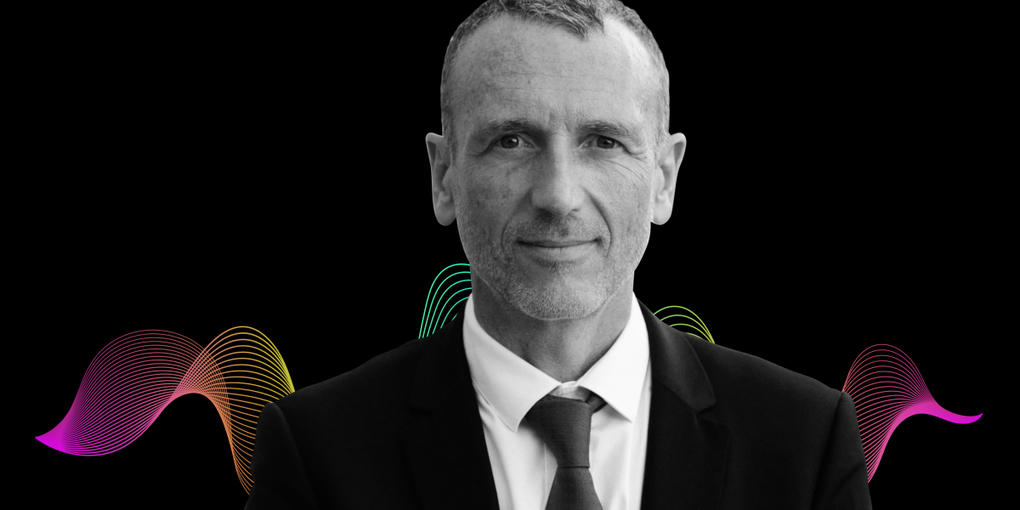To Emmanuel Faber, CEO of food giant Danone, the coronavirus pandemic is a reason to accelerate social and environmental impact goals, not abandon them in the name of his company’s bottom line.
On the latest episode of Leadership Next, Fortune’s podcast about the changing role of business leadership, the CEO joins cohosts Alan Murray and Ellen McGirt to talk stakeholder capitalism in today’s tumultuous world.
Danone is on the path to become a certified B Corporation by 2025. That means the company will be held to strict standards of “verified social and environmental performance, public transparency, and legal accountability to balance profit and purpose.” Most B Corps are small businesses, but a growing number of larger businesses, with Danone being one of the largest, are interested in achieving the certification, according to Anthea Kelsick, co-CEO of B Lab U.S. and Canada.
Faber said that the company believes that committing to these goals will provide Danone a competitive advantage while achieving good in the world. And becoming a certified B Corp creates tangible, measurable targets that must be hit, which keeps businesses accountable for their public commitments.
At the 8:30 mark, McGirt cuts in with Kelsick to discuss the B Corp movement, corporate accountability, and infusing business with more anti-racism. Kelsick says that since the Business Roundtable’s statement embracing stakeholder capitalism last fall, there has been a spike in interest at B Lab, the nonprofit that certifies B Corps. And further interest has come from the COVID-19 pandemic and the global reckoning with systemic racism spurred by George Floyd’s killing by police, she said. Business is asking itself what role it plays in society and what value it truly brings.
“There is no better tool than B Corp certification to measure and also manage how to deliver that value,” she said. “Being armed with the right tools to put that thinking into practice is so incredibly important right now.”
To close the episode, Murray asks Faber for his advice to companies starting out on their journey to B Corp certification or including social and environmental good in the fabric of their business.
“I think, first of all, that you have to be conscious of where you started and why is your company existing,” he said. “Your company does not just exist to create profit.”
After reconnecting with your company’s purpose, Faber said, it is important to listen to your critics and younger generations. Seeing your business from an outside perspective is key to moving forward on this journey, he added.
Sourced through Scoop.it from: fortune.com



Leave A Comment